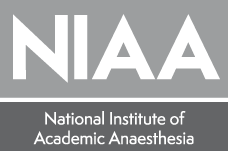MAGIC
Melatonin for Anxiety prior to General anaesthesia In Children (MAGIC)
A Multicentre, Parallel Randomised Controlled Trial of Melatonin Versus Midazolam in the Premedication of Anxious Children Attending for Elective Dental and ENT Surgery Under General Anaesthesia.
MAGIC will be conducted in eight large NHS trusts (Sheffield, Barnsley, Leeds, Manchester, Liverpool, Aberdeen, Durham and Stoke) and aims to recruit between 21 and 180 participants per centre over an 18 month period.
Our first paediatric trial, MAGIC aims to recruit 624 patients over 18 months. The team are looking for two additional hospitals which can recruit at least one patient a week.
MAGIC is a clinical trial of a medicinal product (CTIMP) so the trial paperwork and procedures are a little more stringent than some other trials and observational studies. For this reason, the trial is best led locally by a consultant who can play an active role.
Your local R&D department will be able to guide you through the process. Please contact us if you would like us to connect you with the trial team.
This study is to establish comparative effectiveness and side effect profile of melatonin versus midazolam as premedication in children aged 6-12 with high levels of preoperative distress prior to elective GA for dental extractions & ENT operations, and to determine whether melatonin offers sufficient benefit to warrant change in standard NHS practice.
Dental extractions and tonsillectomies compose the two most common operations for children undergoing general anaesthesia in the UK, accounting for 60,000 and 34,000 operations per year, respectively.
Anxiety ahead of general anaesthesia is common, with up to 50% of children displaying manifestations of distress-behaviour at the point of anaesthetic induction. Anxiety and distress in a child may lead to non-compliance and result in rescheduling of elective surgery; it may furthermore lead to greater post-operative pain, agitation and behavioural changes after surgery including sleep disturbances.
Midazolam, the current standard premedication given to an anxious child ahead of surgery has been shown to be effective, although there are numerous adverse effects which make the medication less than ideal. One major consequence of benzodiazepine drugs such as midazolam is a sedative effect, which necessitates theatre transfer of the premedicated child, and also significantly delays post-operative recovery.
Further concerns include the potential for respiratory suppression and also unpredictable effects on children which may result in agitation rather than anxiolysis. The increased incidence of learning disabilities with repeated anaesthetic exposure has been documented in a landmark study by Wilder et al., which highlighted the potential long-term risks of using sedative agents such as benzodiazepines in anaesthesia of young children.
- Chief Investigator: Professor Chris Deery, Dean of the School of Clinical Dentistry
- Interested in this trial? Contact us.




